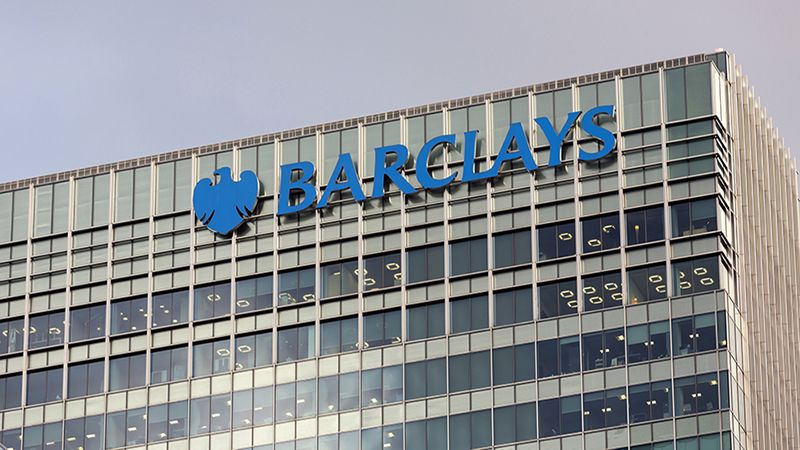Barclays has been dubbed “totally dishonest” by one of its investors for calling tens of billions of dollars raised for fossil fuel companies ‘sustainable finance’.
An analysis of data from the financial markets group LSEG by the Bureau of Investigative Journalism (TBIJ) found Barclays helped raise $41bn in sustainability-linked finance for fossil fuel companies last year.
Barclays said it is helping to address climate change by raising $1trn in sustainable and transition finance by 2030. This includes sustainability-linked loans and bonds – in which a company agrees to meet certain climate-related targets or else face a higher interest rate.
However, according to the researchers, these targets can be weak and the penalties for failing to meet them are paltry. The company can also use the money raised how it sees fit, meaning supposedly sustainable finance can fund polluting activities.
Andrew Harper, chief responsibility officer at Epworth, an investor in Barclays, said: “We’re concerned because the bank is making such a substantial claim, and the public thinks the climate emergency is being worked towards being solved. Meanwhile, the problem is getting worse and worse. We think it’s totally dishonest. If they are calling the financing of any fossil fuel companies sustainable finance, that to me is greenwash.”
Among the Bureau’s findings was $3bn in sustainability-linked loans and bonds for Enbridge, which is expanding oil and gas infrastructure, and is behind the controversial Line 3 oil pipeline in Canada. Enbridge has set a target to cut emissions from its operations; in part, it intends to do this by using solar power to pump oil through its pipelines. But its target does not include emissions from burning the fuel it transports.
Additionally, $4.5bn in sustainability-linked loans were identified for Trafigura. Counting indirect emissions, Trafigura was responsible for more greenhouse gas emissions last year than Spain. Trafigura has committed to cut emissions – but only from its own operations, which accounts for about 1% of the company’s total emissions.
Katharina Lindmeier, senior responsible investment manager at Nest – another of Barclays’ investors – said TBIJ’s findings were “very concerning”.
“We’ll be raising this research with their management team directly at the next opportunity. Regulators are looking closely at the issue of greenwashing and if there is any uncertainty, it’s better to be cautious than to mislead customers. Any loans which help companies expand oil and gas infrastructure should not be classed as sustainable.”
Last week, at Barclays’ AGM, a coalition of investors urged the bank to close loopholes allowing it to fund fracking, while protest groups called for an end to financing for fossil fuels and weapons manufacturers.
In response, Barclays said: “We are committed to being transparent and report separately on the green finance, sustainable finance and the sustainability-linked finance mobilised towards our $1trn target, so stakeholders and investors have a clear understanding of what we are reporting.”
Banking on climate chaos
The investigation findings coincided with the launch of a report – Banking on Climate Chaos – which shows Barclays’ funding for fossil fuels increased in 2023 from 2022. Barclays was Europe’s top funder of the fossil fuel industry last year, according to the report led by the Rainforest Action Network.
Meanwhile, JPMorgan Chase was ranked number one for fossil fuel financing in 2023, committing $40.8bn, while also being number one for fossil fuel expansion. The worst funder of fossil fuel expansion since the Paris Agreement has been Citi, which has provided $204bn since 2016 to the companies building the newest pipelines, oil rigs, gas terminals and more.
“Major banks have squandered yet another year to take decisive and ambitious action on climate. As the crisis worsens, big US banks have stalled on making meaningful progress toward their net-zero commitments by failing to set sufficient near-term emissions reduction targets and lay out credible plans for restricting financing for polluting companies,” said Adele Shraiman, senior strategist for the Sierra Club‘s Fossil-Free Finance campaign, and co-author of the report.
“The clean energy transition is happening despite the Wall Street laggards, but the question now is whether they will respond to the growing pressure from investors, customers, regulators and frontline communities to do what the science and justice demands.”








